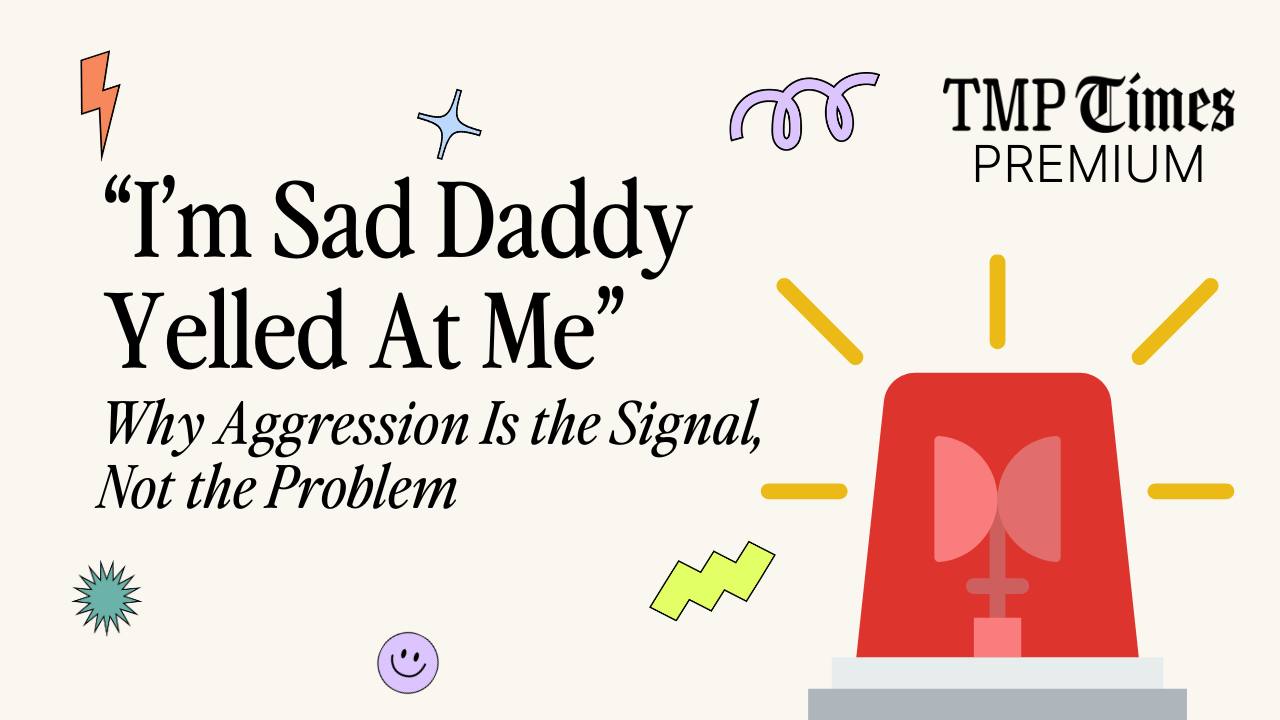Helping Your Highly Sensitive Child Thrive in an Overwhelming World

 Does your child seem to notice everything? Get overwhelmed easily in busy environments? Experience emotions with extraordinary intensity?
Does your child seem to notice everything? Get overwhelmed easily in busy environments? Experience emotions with extraordinary intensity?
This week, we're diving deep into understanding and supporting highly sensitive children—those remarkable little ones who experience the world with every sense dialed up to maximum.
Understanding high sensitivity completely transforms how we interpret and respond to these children's needs.
By the end of this newsletter, you'll have concrete tools to help your sensitive child navigate overwhelming situations, communicate their needs, and develop resilience while honoring their beautiful sensitive nature.

Understanding the Highly Sensitive Child
When your highly sensitive child melts down in a crowded store or refuses to wear certain clothing, what they're actually doing is responding to a genuinely overwhelming sensory experience—not being difficult or demanding.
Approximately 5-16% of children are born with what researchers call Sensory Processing Sensitivity, a normal neurological variation that affects how deeply they process sensory input and emotions. What they need help with is managing a nervous system that's taking in more information than others typically do.
For toddlers (ages 1-3) with high sensitivity, they lack both the understanding of what's happening and the language to communicate it. What she's trying to do is communicate through behavior that something in her environment feels overwhelming or uncomfortable.
For preschoolers (ages 3-5), sensitivity often manifests as emotional intensity alongside sensory issues. What he needs help with is building his emotional vocabulary to identify and express these big feelings before they become overwhelming.
For early elementary children (ages 5-7), social comparisons begin, and sensitive children often notice they react differently than peers. What she's trying to do is make sense of these differences while navigating environments not designed for her sensitivity.
High sensitivity is a normal neurological variation, not a disorder or problem to fix. My 6-year-old is highly sensitive, and I've seen how this trait brings both challenges and remarkable gifts—like empathy, creativity, and deep thinking. This is completely different than being "too sensitive" or "difficult"—it's simply a different way of experiencing the world.





